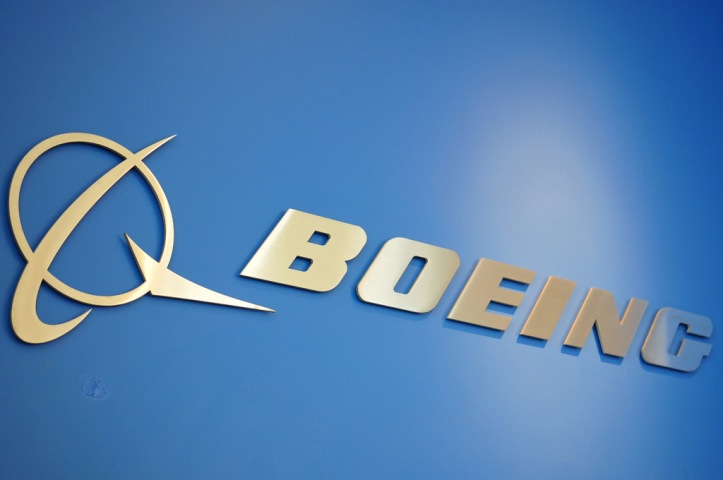Boeing criticised over its admission that engineers identified glitch before accident

- Country:
- Indonesia
Families of victims in the Indonesia Lion Air crash hit out at Boeing Monday over its admission that engineers had identified a safety system glitch well before the fatal accident, in the latest knock to the plane maker's reputation. Boeing said Sunday engineers had found the safety alert issue on its 737 MAX aircraft in 2017, a year before the deadly crash in Indonesia that killed 189 people.
According to Boeing, a supposedly standard piece of equipment that tells the pilot about disagreements between the angle of attack (AOA) indicators -- which measure the plane's angle vis-a-vis oncoming air to warn of impending stalls -- did not activate unless an additional optional indicator was purchased by airlines. Neither the Lion Air aircraft nor the Ethiopian Airlines jet that went down several months later, killing 157 people, had the feature.
"That's negligence from Boeing in regards the AOA system," said Evi Samsul Komar, whose son and nephew was on the fatal flight. "Boeing needs to be more careful."
Another relative, Imam Rismanto, whose brother died in the crash, said Boeing should never have sold the plane without the safety feature. "They must take responsibility for these two aircraft accidents," said Rismanto, adding Lion Air was also to blame for not purchasing the optional indicator.
Faulty AOA indicator information may have played a role in both deadly crashes, causing the 737 MAX anti-stall system to unnecessarily activate and push the nose down toward the ground even as pilots fought to maintain altitude. Boeing said senior management only "became aware of this issue in the aftermath of the Lion Air accident".
A review into the pilot warning system glitch had concluded that "existing functionality was acceptable" until planned software update. The admission is another blow for Boeing as it struggles to cope with the fallout from the two crashes, according to Jakarta-based aviation analyst Gerry Soejatman.
"Boeing's battle to get the 737 Max back in the air is becoming harder with all these new revelations, restoring credibility to the public is going to be harder," he told AFP. Boeing's entire 737 MAX fleet has been grounded since shortly after the Ethiopian Airlines crash in March, while investigators study the incidents and engineers work on solutions.
(With inputs from agencies.)
ALSO READ
Assam tea garden scam leaves workers facing uncertain future, with BJP leaders' relatives implicated: Gaurav Gogoi
Headline: Hardik Pandya's stepbrother arrested for defrauding cricketer of more than Rs 4 crore in business deal
I-League: Churchill Brothers end 2023-24 season on winning note
Hardik Pandya's stepbrother Vaibhav arrested for cheating Pandya brothers in business
Paresh Baruah should be welcomed back with respect: Brother Bikul Baruah










